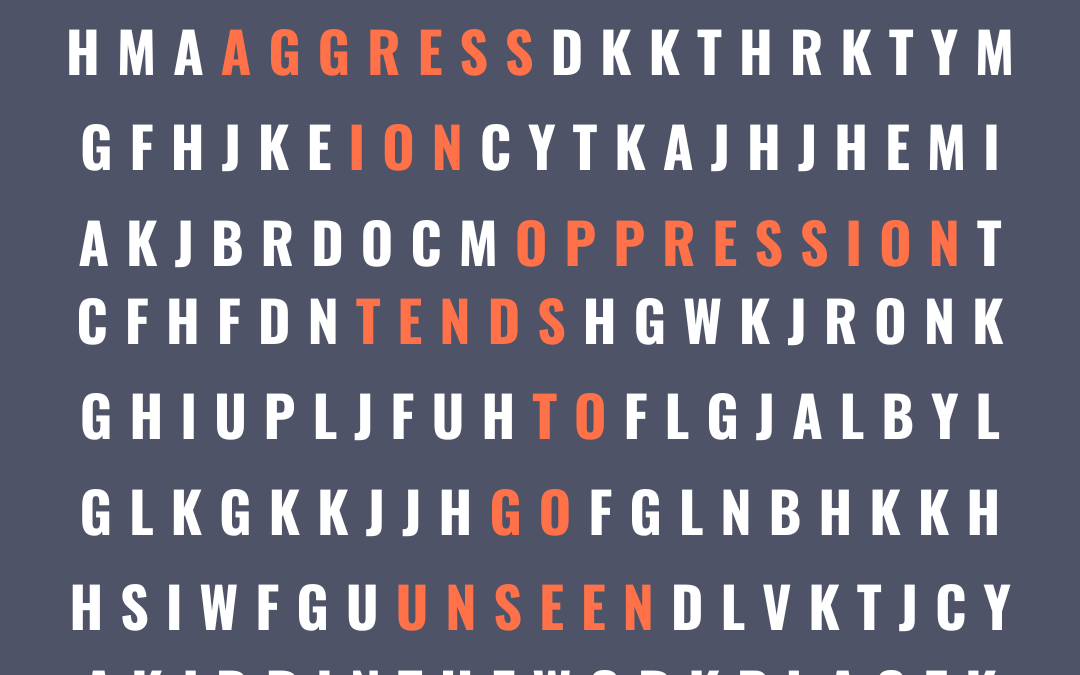by Miranda (Maz) Fenwick, Employer Engagement Manager at EmployAbility.

In the average workplace, diversity and inclusion are more than just buzzwords; they are essential components of a thriving business environment. However, for individuals with disabilities, the journey to inclusion is often paved with subtle, yet widespread barriers known as microaggressions. These are the everyday verbal, nonverbal, and environmental slights, ignoring a person, or insults, whether intentional or unintentional, that communicate hostile, derogatory, or negative messages.
Microaggressions can range from seemingly innocuous comments about someone’s ability to perform certain tasks, to outright questioning their qualifications due to their disability. These actions, though small in isolation, accumulate over time, creating an atmosphere of exclusion, marginalisation, and discriminatory behaviours.
Throughout my working life, I have personally observed instances of microaggressions. These subtle, acts can have a significant impact on individuals. Additionally, as a parent, I’ve witnessed how my son, who has autism, faces unique challenges in navigating many negative social interactions in the workplace.
Examples of microaggressions
- Comments like “I could never deal with that”, “how do you cope“, “it must be so hard” can be really hurtful, as can be seemingly helpful phrases like “Let me do this for you then we will be able to finish on time”.
- Deciding for others how “bad” their disability is or isn’t without understanding the full impact of someone’s disability can be dismissive. Not all disabilities are visible, and each person’s experience is different to others.
Asking Personal Questions About Devices or Equipment.
- Enquiring about someone’s assistive devices, or equipment can be intrusive. Respect their privacy and boundaries.
- Presuming Competence or Incompetence if a person with a disability needs constant assistance and cannot perform specific tasks, underestimates their abilities.
- Overlooking individuals with disabilities for promotions or important projects this happens a lot in workplaces.
The constant barrage of microaggressions can take a toll on mental health, leading to feelings of isolation, anxiety, and a decrease in job performance. It’s crucial for employers and co-workers to understand the impact of their words and actions.
Remember that microaggressions can be subtle but have a significant impact.
So what’s the solution and how do we create a supportive and inclusive work environment?
Creating a Supportive Environment by
• Educating all staff on sensitivity disability awareness training sessions to educate employees about disabilities and the importance of respectful communication.
• Policies – Implementing clear policies that address disability discrimination, language and behaviour.
• Support Systems – Establishing support groups or mentorship programs for employees with disabilities
• Open Dialogue- Have an open-door policy and encourage open conversations about disabilities and microaggressions to foster understanding and empathy.

I firmly believe the path to a truly inclusive workplace is ongoing and requires a collective effort to recognise and address microaggressions. By fostering an environment of respect and support, we can ensure that individuals with disabilities are not just present but are empowered to thrive.
Please contact me for more information on finding the right solution for your organisation via email mfenwick@scia.org.au

